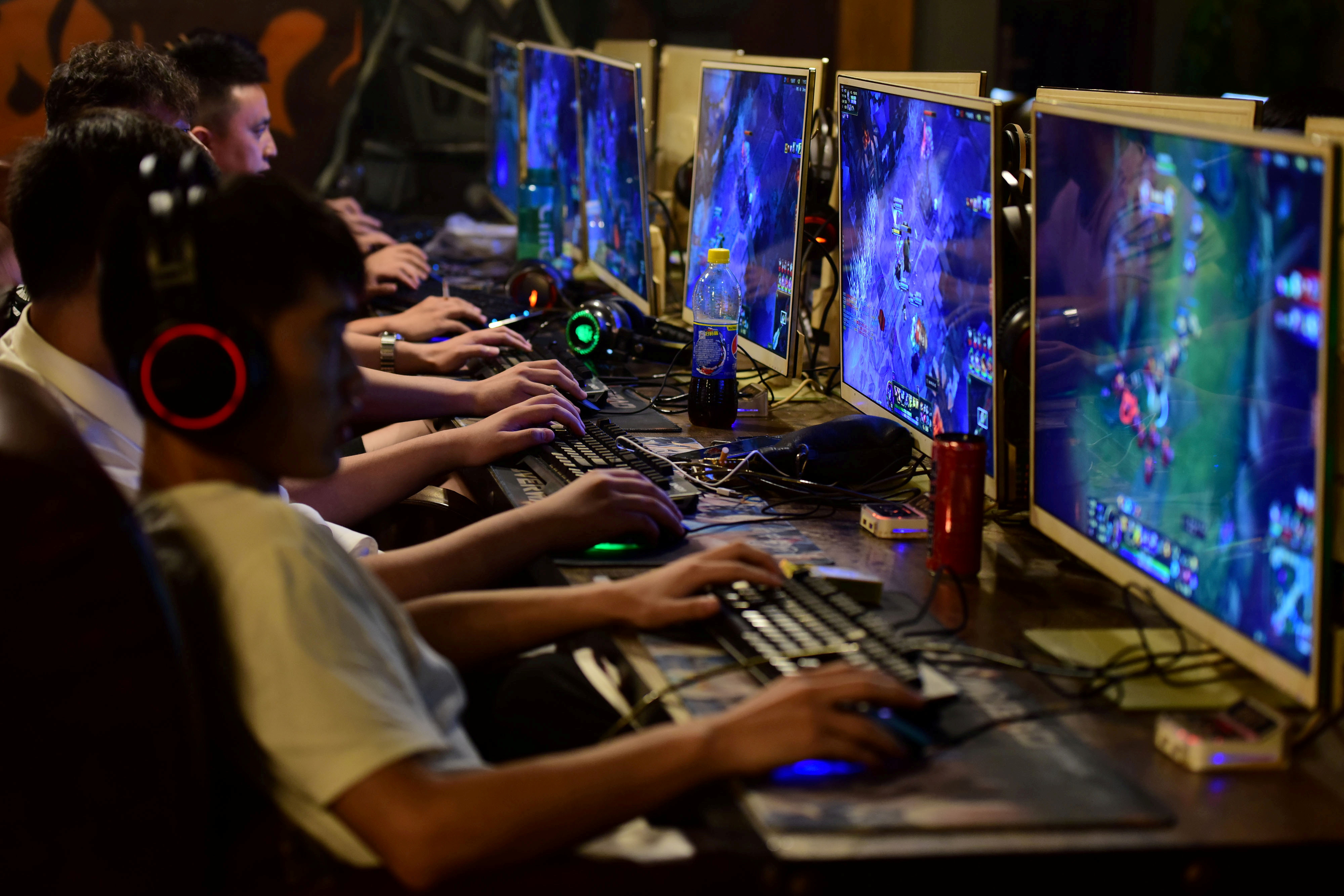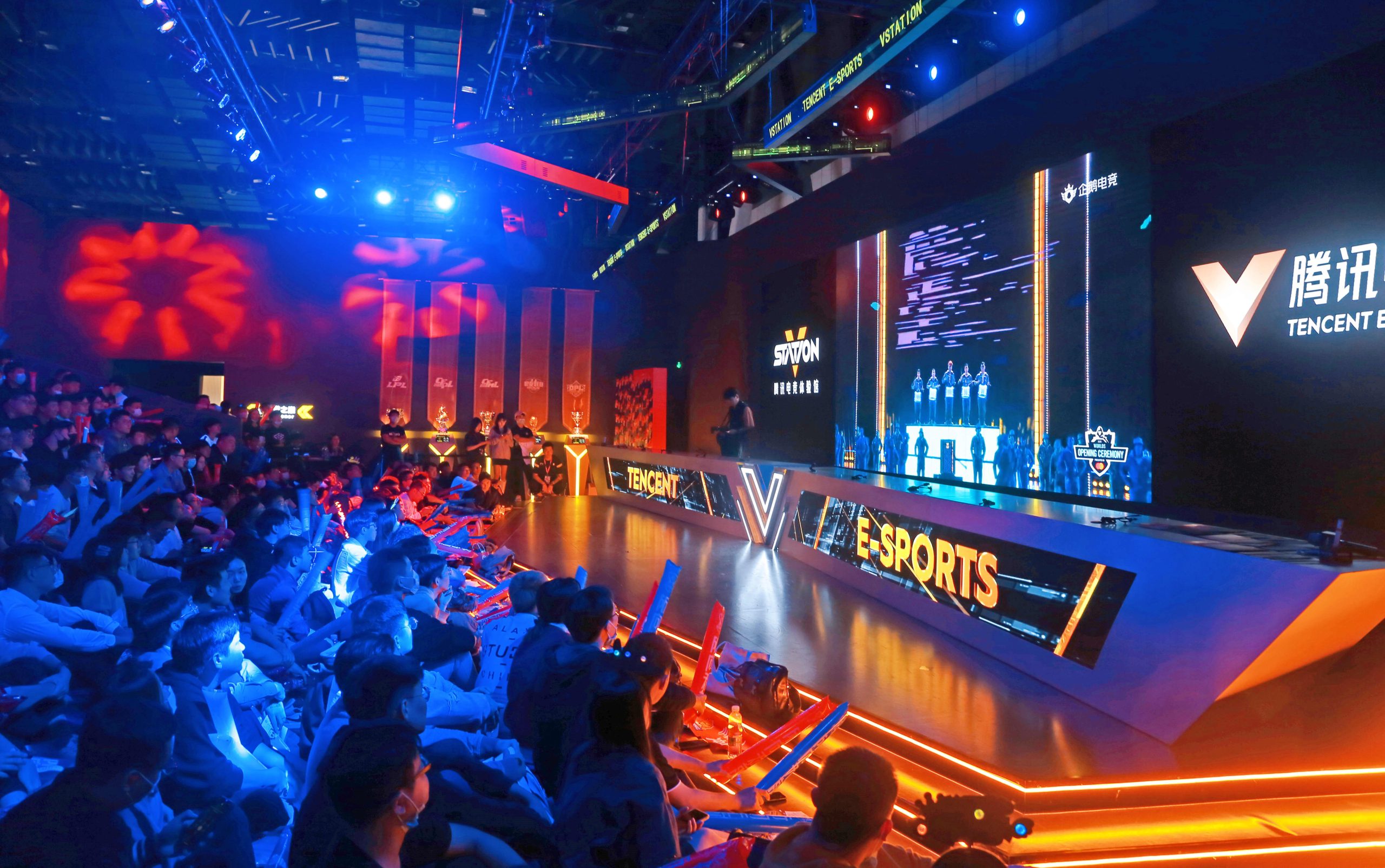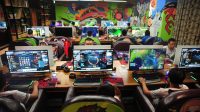Chinese Gaming Companies Employ Share Buybacks Amid Regulatory Uncertainty

Several smaller Chinese gaming companies have recently announced share buybacks in an effort to reassure investors amidst concerns arising from regulatory measures aimed at curbing consumer spending on games. Last Friday, draft rules were published by regulators, proposing a ban on online games offering rewards for daily logins, initial game spending, or consecutive spending on a game—common incentive practices in the industry.
The announcement of these regulatory moves caused a sharp decline in the shares of gaming companies. By Monday evening, eight companies had disclosed plans for share buybacks totaling up to 780 million yuan ($110 million). The companies cited their confidence in China’s gaming industry and the necessity to protect investors as reasons for the buybacks.
Regulatory Softening and Support for Online Game Development

These buyback announcements followed a seeming softening in the stance of Chinese Gaming game regulator, the National Press and Publication Administration, which issued a statement on Saturday indicating a willingness to further refine the proposed rules after carefully considering public opinions. Additionally, on Monday, the regulator granted new licenses for 105 domestic online games for December—a move interpreted by some analysts as a strong demonstration of continued support for the development of online games.
Analysts noted a noticeable shift in tone towards reconciliation, attributing it to the unexpected impact of the market’s reaction on Friday. The regulator, faced with allegations of backpedaling on commitments to responsible policymaking, appears to have become nervous.
While the buyback plans helped stabilize share prices to some extent, the impact varied among companies. G-bits Network Technology Xiamen, listed on the Shanghai stock exchange, saw its shares rise by 2% on Tuesday but had lost 11% since the publication of the draft rules. On the other hand, Perfect World Co, listed on the Shenzhen stock exchange, experienced a 2% drop and a 16% decline since the regulatory announcement.
The Chinese Gaming industry had only recently begun to recover this year after a prolonged clampdown in 2021 and 2022. The fate of Tencent Holdings, the world’s largest gaming company, and its close rival, NetEase, remains uncertain following their combined $80 billion market value loss on Friday. Hong Kong markets, where these firms are listed, were closed for the Christmas long weekend and are set to reopen on Wednesday.
Read More (Game Industry – Tech Foom)







